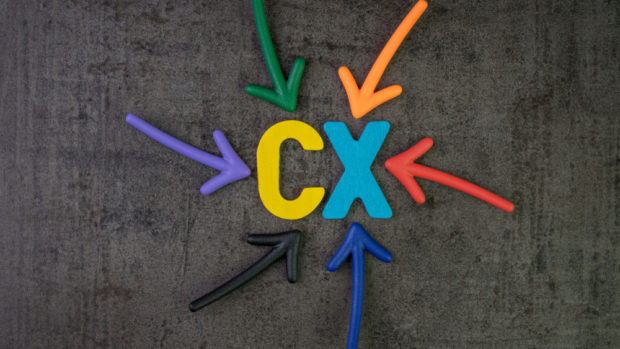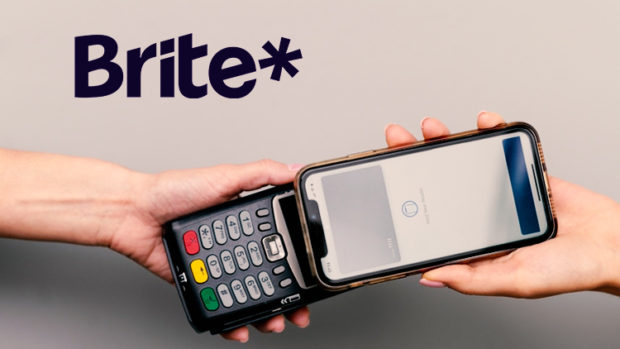If you’ve negotiated Tailor Made Incentives (TMIs), volume
discounts, or any other sort of personalised contract with Royal
Mail, you might be owed reimbursement of the VAT percentage of
the sums you paid the postal carrier. Then again, you might not.
It all comes down to how the UK High Court interprets a recent
ruling by the European Court of Justice (ECJ).
“Unfortunately,” says Graham Cooper, managing
director of postal management consultancy Onepost, “the
ruling comes without clear definition of the details and has in a
way left even more questions unanswered.”
The facts: Two years ago TNT Post UK sued HMRC,
charging that Royal Mail’s services should not be VAT exempt now
that it competes for business against private carriers such as
TNT. This past April, the ECJ ruled in favour of TNT to some
degree, on the grounds that Royal Mail’s VAT-exempt status gives
it an unfair advantage. The VAT exemption, the ECJ decided, does
not apply to “supplies of services for which the terms have
been individually negotiated”. But the ECJ is leaving it to
the High Court in the UK to define exactly what qualifies as an
“individually negotiated” contract, a process that
John Rainsford, associate director, VAT at accountancy and
financial services group Smith & Williamson, says could take up
to a year.
The exemption could be applied retroactively, enabling businesses
to claim payment from Customs for “the relevant VAT
percentage of amounts previously paid to Royal Mail,”
according to Smith & Williamson. In addition, the High Court will
decide if HMRC has to pay interest on VAT paid.
The buzz: Speculation regarding which services
the High Court will consider VAT-able is rife. Smith &
Williamson, for instance, interprets the ECJ decision as meaning
that “everything that is not a national postal
service”-such as universal letter delivery-is subject to
VAT. But while Rainsford believes “there is reasonable
possibility that there will be successful claims”, he warns
that there will be a lot of “technical obstacles” to
be overcome before businesses that have negotiated with Royal
Mail can expect a cheque.
If Onepost’s Cooper sounds a pessimistic note (“The
much-heralded judgement by the ECJ has really left us no further
forward”), Scotts & Co chief executive Nigel Swabey is
cautiously optimistic. “It is difficult to see how HMRC can
successfully challenge this judgement,” he says, “as
the definition provided by the ECJ draws a clear line of
differentiation between the public postal service that is
provided against a standard public price tariff and the
business-to-business contracts that are individually negotiated
and agreed between Royal Mail and its ‘trade’ clients in the
catalogue and online retailing sector.”
Even if the High Court decides that TMIs, volume discounts, and
personalised services from Royal Mail are subject to VAT, Customs
may be able to convince the court that it should not have to
reimburse businesses for past payments. “This would break
with established precedent on VAT repayments where the historical
basis of calculation has subsequently proved to be false,”
Swabey notes. But given that the HMRC could be looking at
repayments of as much as £1 billion, according to some
estimates, the establishment of a new precedent is certainly
possible.
And should HMRC be forced to repay businesses, what Smith &
Williamson calls “capping provisions” could be put
into place. Claims could theoretically go back to 2000, when some
Royal Mail services were opened up to competition; some sources
say that a more likely scenario is that claims would be
restricted to the past three or four years.
What this means to you: As president/founder of
trade association Catalogue Exchange, Swabey is advising members
to “submit a protective claim to HMRC at the earliest
opportunity”.
Rainsford agrees: “If you don’t ask, you don’t get.”
Because HMRC has refused so far to comment on or react to the
ruling, there is not yet a special procedure or form for filing
this particular type of claim.








Share